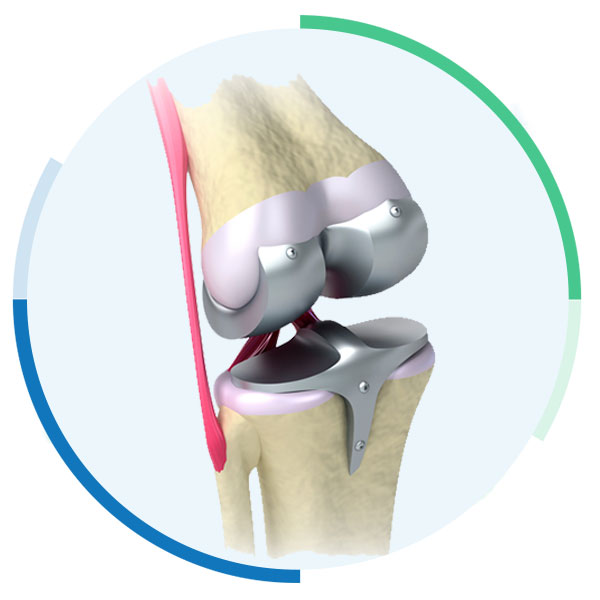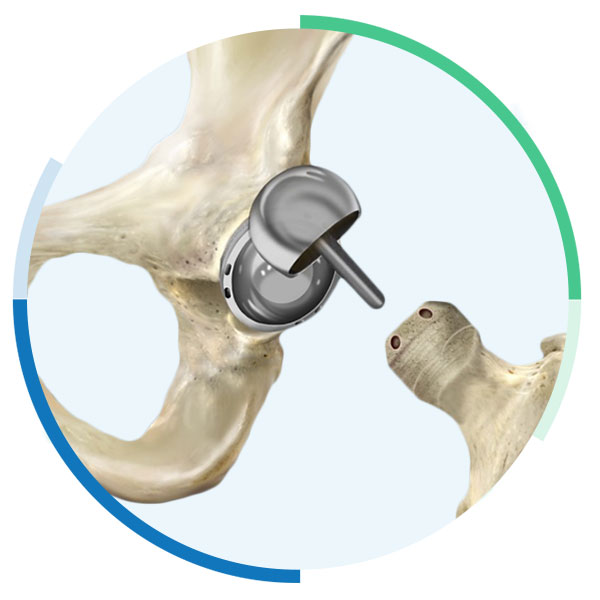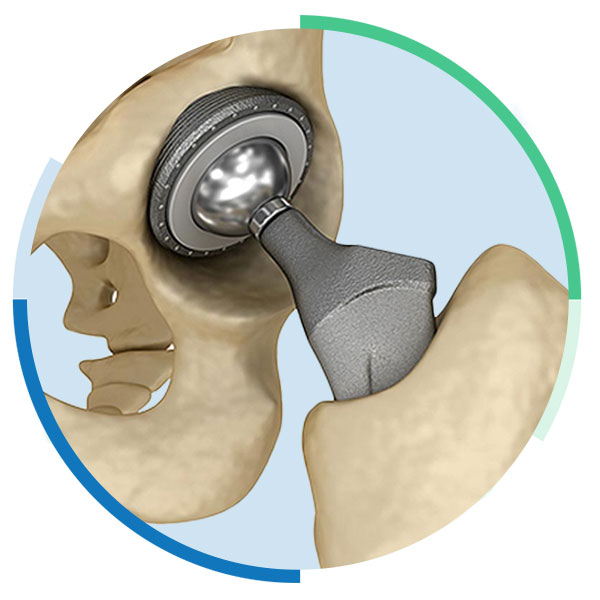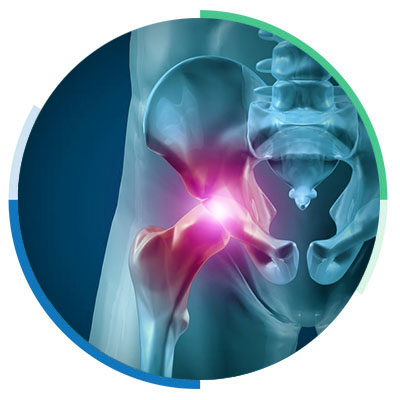
Knee Replacement
Severe pain in the knee joint is commonly treated with potent medication and physical therapy. When these measures do not suffice…

Hip Resurfacing
As with a total hip replacement, this procedure is sought after by patients who have been experiencing chronic hip pain due to a variety of factors.

Total Hip Replacement
This procedure is sought after by patients who have been experiencing chronic hip pain due to a variety of factors.

Call Us Toll Free
Feel free to call us, schedule an on-line appointment, or skype us.
1-844-877-0369
Opening Hours
Hip Pain
As we age, hip pain becomes more and more prevalent. Playing sports at a young age, certain jobs, and working out, can all take a toll on the hip joint. The hip joint is commonly referred to a “ball and socket joint”. Usually, one of these components begins to wear out. This will commonly elicit pain in a patient that might be somewhat tolerable. Once both components (the femoral head and the acetabulum from the hip) are worn out, the pain will likely be unbearable.
The most common conditions that we diagnose in patients are:
- Osteoarthritis of the Hip (hip arthritis)
- Hip Dysplasia
- Rheumatoid Arthritis
- Congenital Conditions
- Conditions Secondary to Trauma (injuries)
- Hip Impingement (Femoroacetabular impingement)
In order to better understand what the problem is and to establish a proper diagnosis our medical team will most likely require:
- Hip MRI
- Hip x-rays
Once we have all this information in place, a procedure will be suggested to you:

Contact us for more information or book an appointment
Knee Pain
In a very similar fashion to hip pain, knee pain has a very direct relationship to the aging process, and to activity levels. The knee joint is considered a “hinge joint” and is the largest of such sort in the body. Thus, when one or more of its components begin to wear out, you will begin to feel pain when walking, running, going up stairs, and in advanced conditions, even when standing.
The most common conditions that we diagnose in patients are:
- Osteoarthritis of the knee (knee arthritis)
- Rheumatoid Arthritis
- Congenital Conditions
- Conditions Secondary to Trauma (injuries)
In order to better understand what the problem is and to establish a proper diagnosis our medical team will most likely require:
- Knee MRI
- Knee x-rays
Once we have all this information in place, a procedure will be suggested to you:





